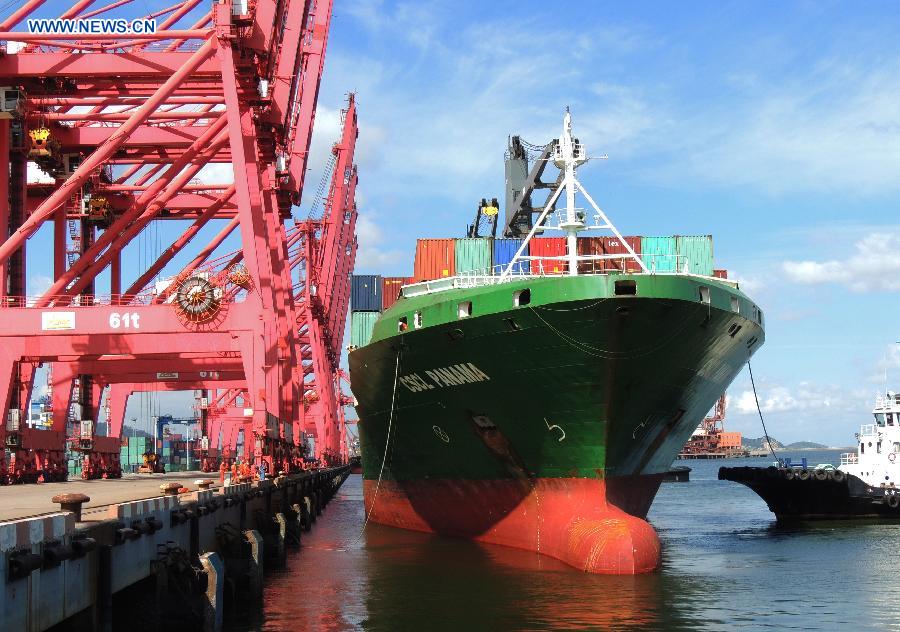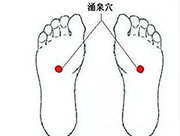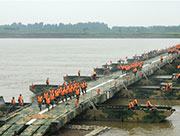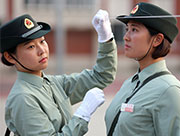


Containers are unloaded from a cargo ship in Lianyungang, east China's Jiangsu Province, Sept. 8, 2015.
BEIJING, Sept. 8-- China's foreign trade in August dropped 9.7 percent year on year to 2.04 trillion yuan (320.8 billion U.S. dollars), a steeper decline than the 8.8-percent contraction in July, official data showed on Tuesday.
Exports fell 6.1 percent year on year to 1.2 trillion yuan, compared with an 8.9-percent drop in July, while imports slumped 14.3 percent to 836.1 billion yuan, compared with July's decrease of 8.6 percent, according to the General Administration of Customs (GAC).
The trade surplus expanded by 20.1 percent to 368 billion yuan in August.
In the first eight months of 2015, foreign trade slipped 7.7 percent year on year to 15.67 trillion yuan, the GAC figures showed.
Exports dipped 1.6 percent to 8.95 trillion yuan in the Jan.-Aug. period, while imports fell 14.6 percent to 6.72 trillion yuan.
In the first eight months, the trade surplus jumped 80.8 percent to 2.23 trillion yuan, according to the GAC.
Steel exports grew 26.5 percent year on year to reach 71.9 million tonnes in the first eight months, while iron ore imports slipped 0.2 percent to stand at 613 million tonnes.
China imported 139 million tonnes of coal from January to August, down 31.3 percent year on year, while imports of refined oil and crude oil increased 4.1 percent and 9.8 percent year on year respectively in the period.
Qu Hongbin, chief China economist at HSBC, attributed the slump in export growth mainly to sluggish external demand, especially exports to the European Union(EU) and Japan.
Trade with the EU, China's largest trade partner, slipped 8.4 percent year on year in the first eight months to 2.27 trillion yuan, with exports dropping by 4.9 percent to 1.41 trillion yuan and imports plunging by 13.7 percent to 859.87 billion yuan.
Trade with fifth-largest partner Japan fell 11.1 percent to 1.11 trillion yuan, with exports and imports dropping by 10.5 percent and 11.6 percent respectively.
However, trade with the United Statesand the Association of Southeast Asian Nations, China's second- and third-largest trade partners, managed to climb by 2 percent and 0.4 percent to reach 2.22 trillion yuan and 1.86 trillion yuan respectively, driven by increased exports to those countries.
Exports by private firms increased 3.4 percent year on year in the Jan.-Aug period to 4.02 trillion yuan, while imports declined by 12.9 percent to 1.69 trillion yuan.
In contrast, state-owned enterprises saw their exports drop by 5.1 percent year on year to 975.35 billion yuan, and imports plunged by 17.9 percent to 1.68 trillion yuan.
China's currency fell sharply in value after the central bank decided to improve its "central parity system" last month to better reflect market development in the exchange rate between the Chinese yuan and the U.S. dollar, citing a strong dollar and sharp appreciation in the RMB real effective exchange rate.
The stimulus effects of the yuan's depreciation on exports are not yet evident as it will take time for prices to adjust, said Li Hui Yong, an analyst with Shenwan Hongyuan Securities.
Weak global demand and falling commodity and primary raw material prices dampened import growth, according to Li.
The leading export index stood at 34 in August, down 0.1 from July and marking a sixth consecutive month of declines. Exports in the last quarter will continue to face heavy pressure, according to the GAC.
China's cabinet issued guidelines in July urging governments at all levels to implement measures to foster imports and exports as the country strives to open its markets and upgrade the economy.
China will support imports by reducing tariffs on popular consumer goods, opening more duty-free shops at ports and expanding the variety of duty-free products, according to the State Council.
The guidelines also called on ministries including the GAC, the Ministry of Commerce and the State Administration of Foreign Exchange to facilitate foreign trade in free trade zones and offer tax refunds for exports.
Governments at all levels should speed up implementation of related measures, and more supportive fiscal and monetary polices are necessary to buoy the economy, Li said.
Day|Week

 Have you met her? Campus belle from Wuhan University
Have you met her? Campus belle from Wuhan University Expert reveals top five longevity acupuncture points
Expert reveals top five longevity acupuncture points China Will Never Accept Dala Lama’s “Middle Way”
China Will Never Accept Dala Lama’s “Middle Way” Villagers Loot Ten Thousand chicks from Overturned Truck in Shandong
Villagers Loot Ten Thousand chicks from Overturned Truck in Shandong PLA builds 500m pontoon bridge in 15 minutes
PLA builds 500m pontoon bridge in 15 minutes Aerial photos of highways in the 'Mountain City'
Aerial photos of highways in the 'Mountain City' The only female soldiers' formation at China's V-Day Parade
The only female soldiers' formation at China's V-Day Parade Asia’s largest glass viewing platform to open soon
Asia’s largest glass viewing platform to open soon